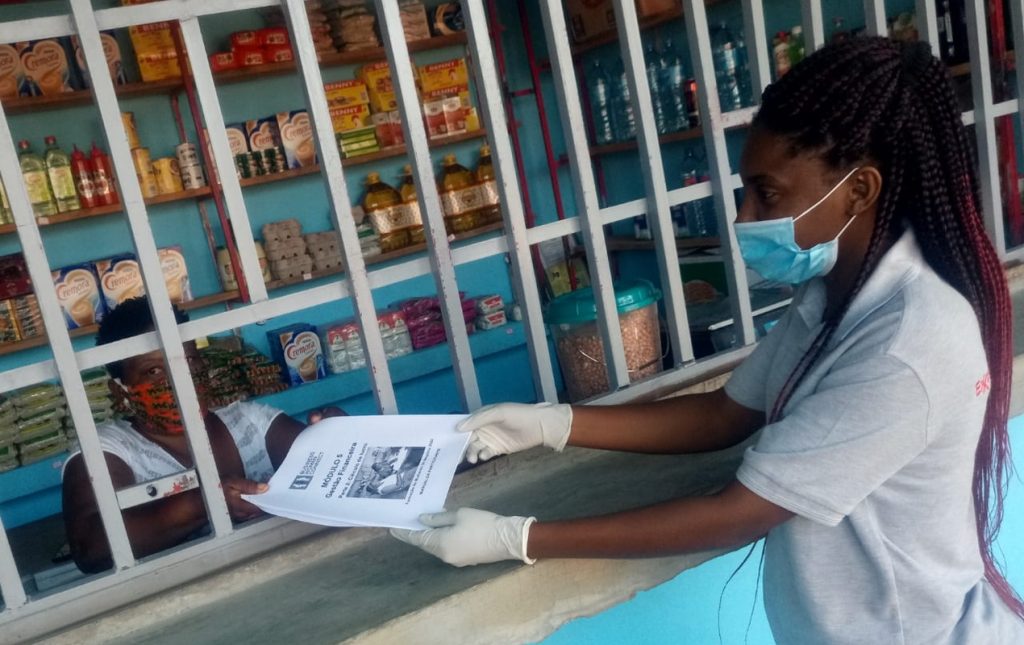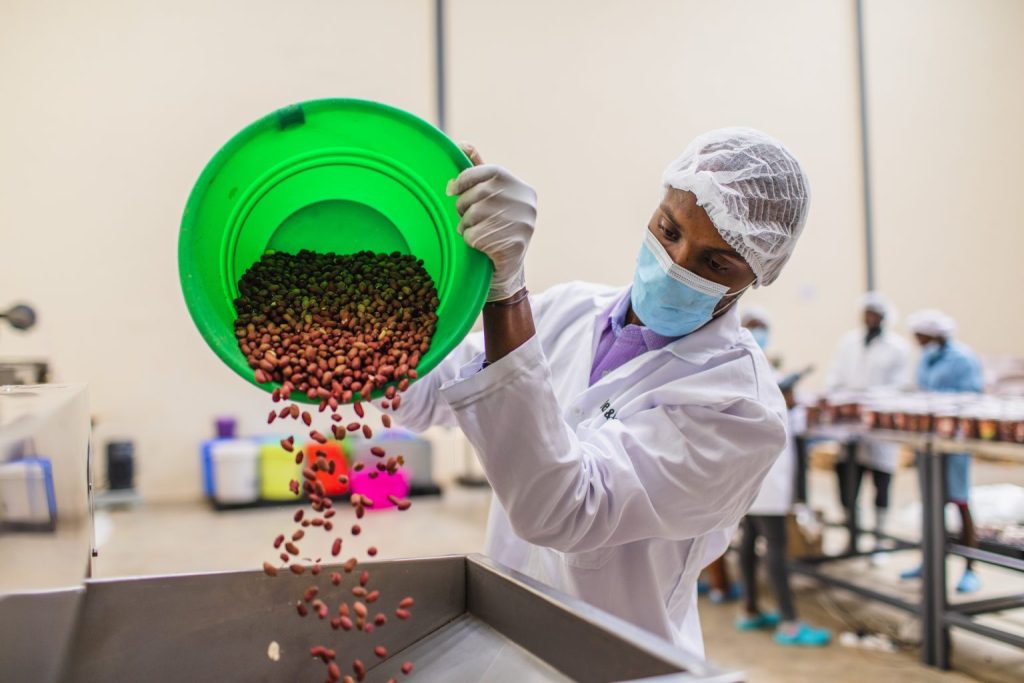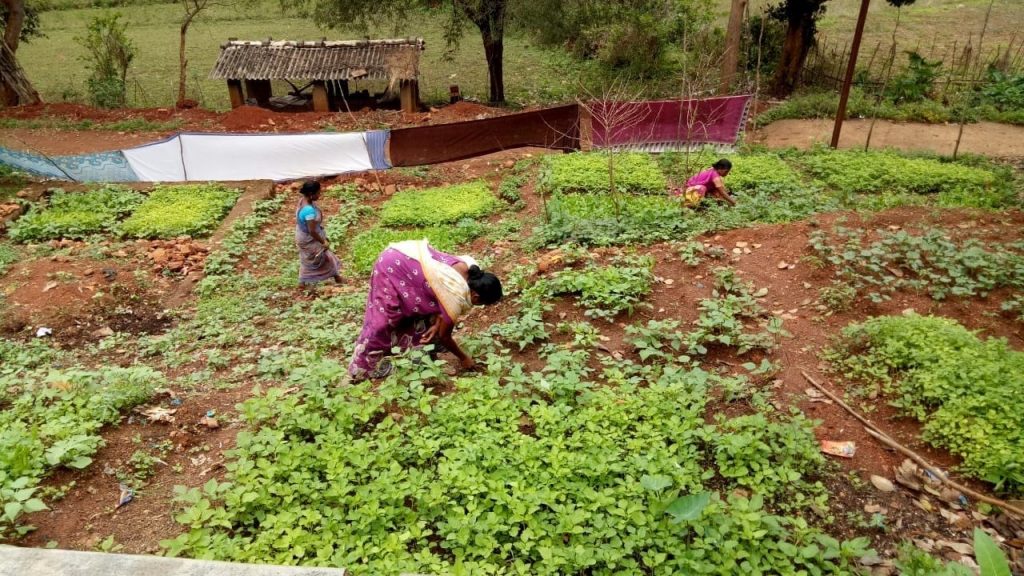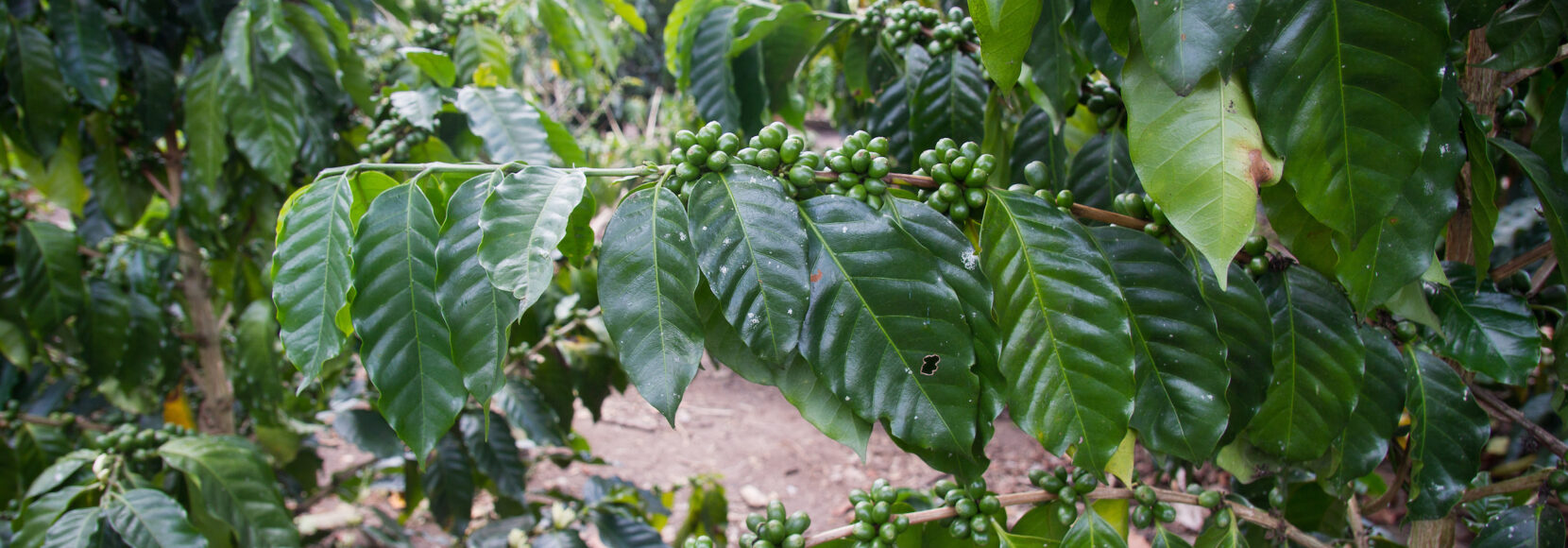
The State of Food Security and Nutrition in the World Report: Key Findings and Solutions
The FAO recently released the State of Food Security and Nutrition in the World 2023 report. Learn about its key findings and what it means for the fight against hunger.
The headline findings from the Food and Agriculture Organization’s highly anticipated State of Food Security and Nutrition in the World 2023 are grim. Globally, hundreds of millions more people face hunger than was the case before the COVID-19 pandemic. What’s driving this worrying trend and how is TechnoServe responding?
Understanding the State of Food Security and Nutrition in the World
Every year, the Food and Agriculture Organization, IFAD, UNICEF, WFP, and WHO release the State of Food Security and Nutrition in the World in order to provide an update on the global fight against malnutrition and chart the progress in achieving Sustainable Development Goal 2 (creating a world with zero hunger by the year 2030).
Since 2020, however, these reports have revealed an ongoing crisis, as the COVID-19 pandemic, war in Ukraine, and other factors have threatened the food security and nutrition of families all over the world.
Key Findings from the Report
Unfortunately, these global hunger trends have continued. According to this year’s edition of the report:
- Approximately 735 million people faced hunger in 2022, a 20% increase from the figure in 2019;
- Nearly 30% of the global population–some 2.4 billion people–faced moderate or severe food insecurity in 2022, a significant increase from the pre-pandemic rate.
COVID-19 wiped out more than a decade of progress in the fight against hunger, and the report’s findings show that we have not reversed those losses even as the world has emerged from the pandemic’s acute phase.

The rising price of food globally–driven by high fertilizer and energy costs, disruptions to supply chains, and macroeconomic factors–is a primary cause of hunger: some 42% of the world’s population cannot afford the cost of a healthy diet, which averages $3.66 per person per day.
Regional Disparities in Food Access
The report reveals that the challenges of food insecurity and hunger are not spread evenly across the globe. In Africa, one person in five faces hunger, compared to less than 10% of the population in other regions. While hunger fell during 2022 in Latin America and most parts of Asia, it increased in Africa and western Asia.
Conversely, the report shows that hunger and food insecurity exist across rural, urban, and peri-urban communities. In contrast to the image we may have of self-sufficient farmers, the report makes clear that rural communities are also negatively impacted by rising food costs. In the 11 African countries studied by the report, even individuals living more than two hours from the nearest large town or city purchased between 40% and 80% of the food they consumed.
Responding to the Challenges
Amid this ongoing crisis, it is essential that the global community helps to create more inclusive food systems that deliver better nutrition to consumers.
The food security report presents a number of government policies and approaches that can help to reverse the rising rates of hunger and food insecurity. It runs the gamut from strengthening small and medium-sized agribusinesses in agricultural value chains to harnessing new technologies like vertical farming.
These are some of the ways TechnoServe works around the world to reduce food insecurity:
Improving Livelihoods and Achieving Living Incomes
In its work to combat poverty, TechnoServe ensures that smallholder farmers, micro-entrepreneurs, workers, and other members of low-income communities can sustainably increase their incomes and afford essentials like healthy food.

In northern Mozambique, for example, TechnoServe helped father-of-four Issufo Momade increase his production of vegetables and sell his crops to more profitable markets. His annual income increased from $500 to $2,000, and he has been able to improve his family’s diet.
“I’m eating better food now. I used to crave different foods that I couldn’t afford, but now I can buy what I want,” he said.
Strengthening Agricultural Supply Chains
TechnoServe also works with local food businesses to make the supply chains linking farmers to consumers more efficient and stable. This helps communities access safe, affordable, and high-quality foods. The businesses that aggregate, mill, transport, and distribute food often need technical and business advice, and TechnoServe also helps them access finance and market connections to become more competitive and resilient.

In Kenya, TechnoServe worked with local business Delish & Nutri, which manufactures peanut powder as an affordable source of protein for low-income families. By providing advice on sourcing and marketing strategies, TechnoServe helped the company emerge from the COVID-19 pandemic, increase its sales by more than 165%, and purchase more peanut crops from Kenyan farmers.
Increasing the Supply of Affordable, Fortified Staple Foods
The report makes clear that rural, urban, and peri-urban families regularly consume processed foods like wheat and maize flour, cooking oil, and salt. Ensuring that these dietary staples are adequately fortified with essential micronutrients is therefore a powerful way to improve nutrition.
In Nigeria, TechnoServe helped launch the Micronutrient Fortification Index, an industry-owned ranking platform that incentivizes Nigerian millers to fortify their products. The initiative has helped to significantly increase the availability of fortified staples, and participating food brands reach more than 124 million people.

“Better nutrition for our consumers means better health and economic development for our nation,” said Alhaji Aliko Dangote, chairman of the Aliko Dangote Foundation and a champion of the initiative.
Supporting Household Production of Nutritious Crops
Diversifying food sources and income streams can also help to improve food security and combat malnutrition. In India, TechnoServe provides training and distributes seeds so that farming families can plant organic kitchen gardens, where they grow fresh vegetables for consumption at home and sale in the local community.

“The training has helped me understand the importance of sowing the seeds in a systematic manner. Look at how healthy my vegetables are now! I have already started harvesting spinach and amaranth and consume them regularly,” said N. Mangamma, a farmer in Andhra Pradesh.
As the report makes clear, there is an urgent need to transform local food systems. By supporting living incomes, strengthening vital links in food supply chains, and promoting nutrition, we can help to combat malnutrition and food insecurity.
Learn more about how TechnoServe is working to improve food security around the world.
Related articles and links
- State of Food Security and Nutrition in the World 2023
- Ask a TechnoServe Expert: Kindra Halvorson on Food Security
- Helping African Food Businesses Recover from the COVID-19 Pandemic






